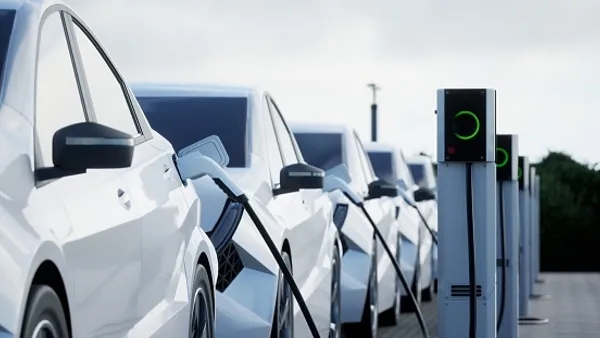Dive Brief:
- Southern Company, the vertically-integrated utility with 4.4 million across the U.S. South, announced on Wednesday that it would acquire North Carolina-based PowerSecure, a provider of distributed energy, utility infrastructure and efficiency solutions, for $431 million.
- The deal, which prices PowerSecure at an 80% premium over its Tuesday stock close, would see the distributed energy company become a wholly-owned subsidiary of Southern. The acquisition is expected to close by June, the Charlotte Business Journal reports, contingent on shareholder and federal anti-trust approval.
- In a release, utility officials said the acquisition will expand Southern's ability to provide customized energy solutions to its customers. The deal builds on a trend in the industry of regulated utilities looking to bolster their bottom lines with new energy management and distributed energy resource (DER) offerings.
Dive Insight:
The PowerSecure is the latest in a string of moves from Southern to bolster its position in markets outside of the traditional electric utility business model. In August, the company unveiled an $12 billion deal to buy AGL Resources, a natural gas provider. Earlier in the summer, Southern announced it would begin offering rooftop solar installations through an unregulated subsidiary in Georgia.
"If somebody wants to buy distributed generation, I want to sell it to 'em," Southern CEO Tom Fanning said at the time.
It appears that his company has kept that course with the PowerSecure deal, which will give Southern a new foothold in the DER and energy management markets. In a release utility officials wrote that the "advancement of distributed infrastructure technologies ... helps meet customers' future energy needs as a part of a full portfolio of resources."
While there is typically more demand for such DER technologies outside the footprint of Southern's regulated utilities in Georgia, Alabama, Mississippi and Florida, officials wrote that this "natural evolution of the companies' current business models" will create an entity "particularly suited to address reliability concerns and promote technology advances with a focus on the future."
"As energy technologies and customer expectations continue to evolve, the electric utility business model is increasingly expanding beyond the meter," Fanning said in the release. "Today there is demand for distributed infrastructure solutions that best meet each customer's unique energy needs."
The push to find new sources of revenue beyond the traditional utility cost-recovery model is a trend common to the entire U.S. power sector. In a recent Utility Dive survey of more than 500 industry professionals, only 9% of respondents indicated their utility was not pursuing any new revenue opportunities, and energy management and DER products and services ranked high on the list.













